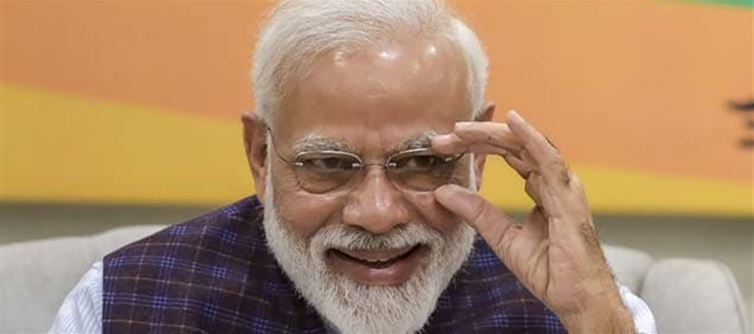
Then there’s the reserved category, which receives institutional support through quotas in education, jobs, and promotions, along with subsidies and welfare schemes. While the intention was to correct historical injustices, the way the reservation system operates today often benefits politically influential communities rather than the truly marginalized. On top of that, Members of parliament (MPs) and Legislative assembly (MLAs) live in a parallel world of privilege. They enjoy tax-free income, zero toll charges, lifetime pensions, and access to elite education abroad for their children—most often funded either directly or indirectly by the taxpayers. These politicians, entrusted to serve the people, often end up serving themselves, shielded from the very hardships faced by the public.
In stark contrast, the honest middle-class taxpayer in india is perhaps the most exploited. They pay income tax, GST on nearly everything they purchase, fuel taxes, road taxes, and yet receive very little in return. Public infrastructure remains subpar, education and healthcare are increasingly privatized, and civic services often require bribes or connections to function properly. This group doesn’t qualify for subsidies, isn’t politically significant enough to be courted, and lacks the influence to change policies. They are the silent engine of the nation’s economy—and yet, their needs, concerns, and aspirations are often ignored. This imbalance leads to a deep-rooted sense of injustice and fuels growing discontent among India’s working middle class.




 click and follow Indiaherald WhatsApp channel
click and follow Indiaherald WhatsApp channel